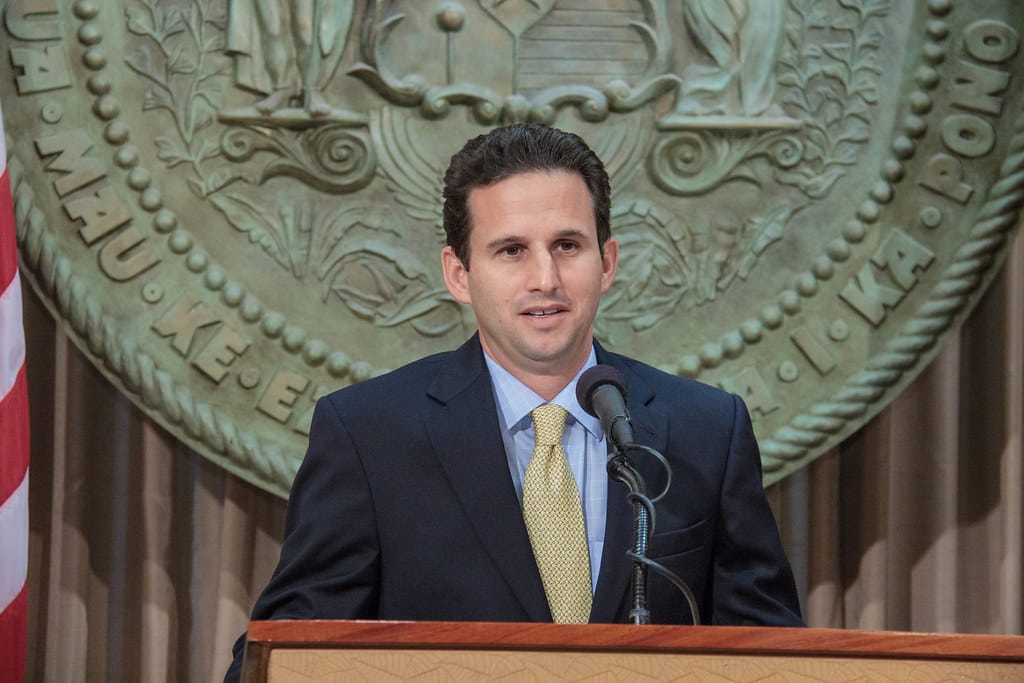
Education
The bill would also bar kids under 13 from creating social media accounts.

 Photo of Senator Brian Schatz, D-Hawaii, from the office of the governor
Photo of Senator Brian Schatz, D-Hawaii, from the office of the governor
WASHINGTON, May 20, 2024 – Civil society groups are opposing a bipartisan bill in Congress that they say could compel schools relying on E-Rate funds to implement content filtering technologies that restrict students’ access to critical information, even for schoolwork.
The letter released Thursday by the Open Technology Institute at New America, expressed concern that the Kids Off Social Media Act introduced in April by Sens. Brian Schatz, D-Hawai‘i, and Ted Cruz, R-Texas, could tie schools’ access to E-Rate funding to the use of AI-powered spyware to monitor students’ online activities during and outside of school hours.
The legislation would also prevent kids under 13 from creating social media accounts.

“While some social media content may be inappropriate for children, much of it is educational, artistic, or otherwise beneficial,” OTI’s letter stated. “Equipping young people with the ability to access diverse information online is crucial for their literacy, empathy, development, and health.”
Educational settings should focus on teaching digital literacy skills, instead of implementing broad bans, the think tank argues.
The bill is the latest in a series of efforts to influence guidelines of the Federal Communications Commission’s E-Rate program, which provides discounts ranging from 20 to 90 percent on internet and telecommunications services for eligible schools and libraries based on economic need and location.
FCC Chairwoman Jessica Rosenworcel proposed a plan in November to broaden the scope of the E-rate program, sparking renewed debate. Her plan would allow schools and libraries to apply for funding to give out Wi-Fi hotspots so students can access the internet in off-campus settings.
However, the proposal has faced criticism from groups like the Heritage Foundation, a conservative think tank. In April, the foundation argued that Rosenworcel’s plan could erode “parental authority” because parents might not be able to supervise their children’s online activity.
The OTI letter was co-signed by more than 30 groups and claims that the bill led by Schatz and Cruz imposes significant and potentially unconstitutional restrictions on young people’s access to online services.
OTI believes the bill will incentivize schools to spy on children and undermine existing child safety efforts.
OTI also stated the legislation could disproportionately impact historically marginalized students who tend to rely more heavily on school-provided internet hotspots and devices at home than more affluent students.
In some cases, OTI says entire families would be shut out from accessing certain social media marketplaces, thus widening the digital divide between wealthier and poorer households.
While protecting young people online is essential, the bill’s broad restrictions could impede their critical development and ability to navigate the digital world responsibly and healthily, OTI contends.
OTI believes an outright ban on social media accounts for children is overbroad and likely to fail constitutional scrutiny. The letter calls on Congress to instead focus on passing a bicameral, comprehensive privacy bill.

